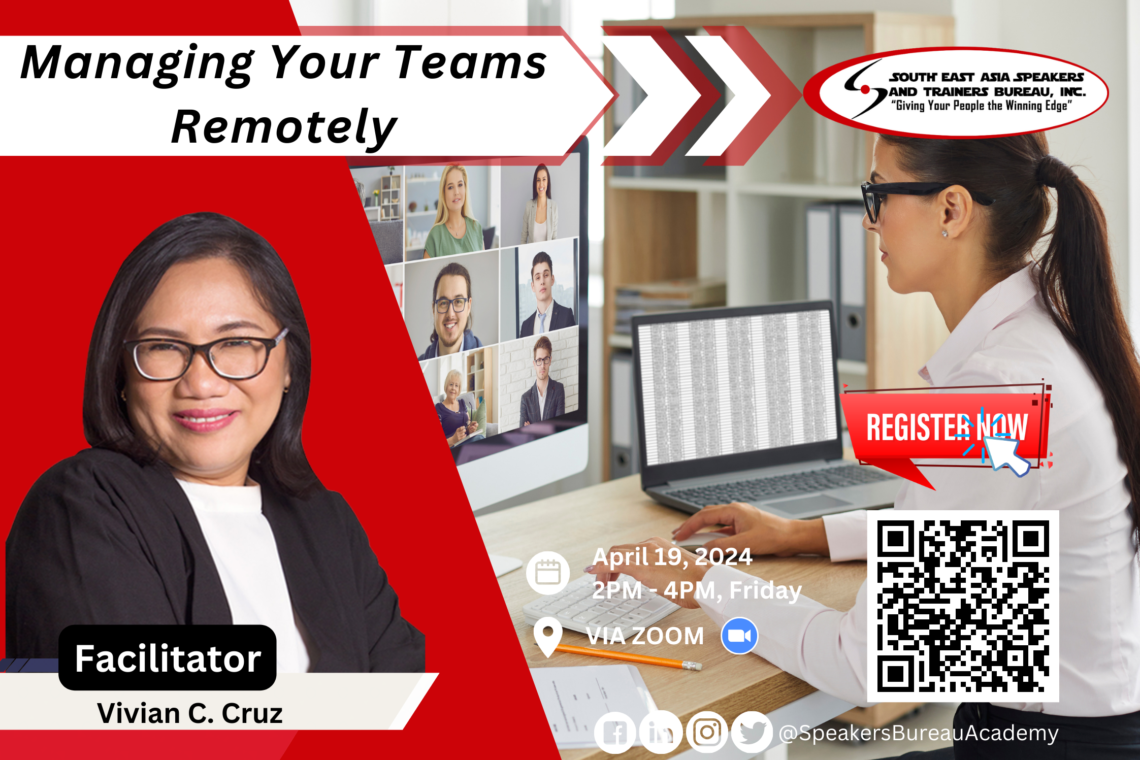Conquer public speaking fear and become a captivating presenter. This guide equips professionals with essential skills to deliver impactful presentations.
Public speaking anxiety is a well-documented phenomenon, impacting professionals across all industries. In fact, studies reveal that it surpasses even the fear of death for many individuals. However, effective communication skills are a cornerstone of professional success. The ability to articulate ideas clearly, persuasively, and engagingly is paramount for leaders and influential figures.
The Art of Audience Engagement
Public speaking, or oratory, refers to the formal presentation of a message to a live audience. It encompasses a diverse range of scenarios, from boardroom presentations and academic lectures to industry conferences and client pitches. However, the overarching goal remains consistent: to transmit information, influence beliefs, or inspire action within the audience.
The Cornerstones of Public Speaking Excellence
Developing a strong foundation in five essential skills is paramount for becoming a successful public speaker:
- Content Mastery: Craft a clear, concise, and well-organized message tailored specifically to your target audience.
- Delivery Dynamics: Project your voice with confidence, and leverage impactful body language as well as maintain consistent eye contact to forge a connection with your listeners.
- Audience Engagement: To truly capture and retain your audience’s attention, consider incorporating storytelling, data-driven insights, or interactive elements into your presentation.
- Strategic Visual Aids: To further enhance your message and solidify key points, strategically utilize presentations, multimedia elements, or even physical props.
- Relentless Practice: Therefore, rehearse your speech meticulously. This will allow you to refine your delivery, ensure proper timing, and consequently, bolster your confidence.
Effective Strategies to Combat Public Speaking Anxiety
While public speaking anxiety is prevalent, it is not insurmountable. Here are practical tactics to effectively manage your anxieties:
- Meticulous Preparation: First and foremost, meticulous preparation is key to conquering public speaking anxiety. Conduct thorough research on your topic to ensure your content is informative and engaging. Rehearse your delivery beforehand to become comfortable with the material and flow of your presentation. The more prepared you are, the more assured you will feel during your actual speech.
- Message-Centric Focus: Once you’ve prepared meticulously, it’s time to shift your focus from your anxieties to the value you are providing to your audience. Remember, you are there to inform, inspire, or persuade them.
- Deep Breathing Techniques: While preparation is crucial, managing your nerves is equally important. Deep Breathing Techniques can help here. Practice controlled breathing exercises to calm your nerves and regulate your physical responses.
- The Power of Visualization: In addition to breathing techniques, the power of visualization can be a powerful tool. Envision yourself delivering a successful presentation. Visualization is a potent tool to boost your confidence and self-belief.
Invest in Public Speaking Training: Elevate Your Communication Skills
Enrolling in a public speaking training program can be a great way to significantly improve your communication skills. These programs offer valuable advice, along with the opportunity to practice under professional supervision and receive critical feedback from qualified instructors. Through this kind of training, you’ll gain the tools and tactics you need to overcome your anxieties, hone your abilities, and ultimately develop into a confident and engaging speaker.
Do you dread online public speaking? You’re not alone! But for leaders, it’s a crucial skill. This webinar by Dino Santos, Toastmasters International Champion Speaker, will equip you with the tools to address online audiences effectively.
In this seminar, you’ll learn to:
- Identify areas for improvement in your public speaking
- Respond to questions with lightning speed (3 seconds or less!)
- Deliver impactful presentations using proven techniques
- Organize your thoughts for clear and confident communication
- Gain the skills to keep developing even after the webinar
Don’t miss this chance to invest in your Leadership Potential!
Limited slots available! Register now!
http://tinyurl.com/ConfidentPublicSpeaking2024











Blogs